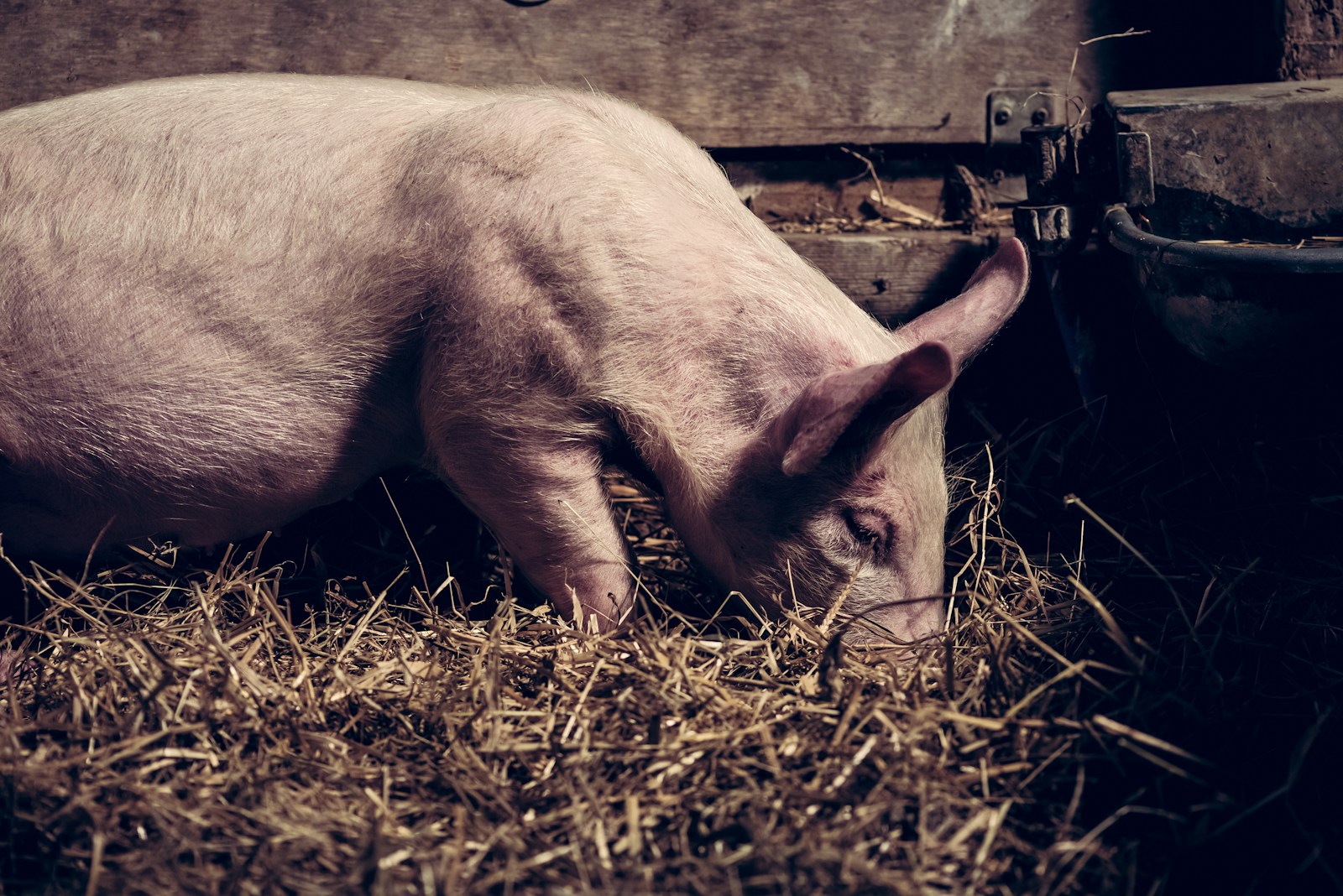
granja

farm
A 'Granja' is a place where animals or crops are raised. It is typically rural and may include areas for livestock and planting.
Example sentences using: granja
La granja tiene animales.

The farm has animals.
This sentence is using 'La granja' to point at 'The farm', 'tiene' stands for 'has' and 'animales' means 'animals'.
Esta es una granja.

This is a farm.
This sentence is a basic phrase to identify a farm in Spanish. 'Esta' means 'this', 'es' stands for 'is' and 'granja' is the Spanish word for 'farm'.
Maria trabaja en la granja.

Maria works on the farm.
This sentence uses the verb 'trabaja' or 'works', followed by 'en la granja' which means 'on the farm'. Maria is a common Spanish name.
La granja es grande.

The farm is big.
This sentence uses 'La granja' to refer to 'the farm', 'es' is 'is' and 'grande' is the Spanish word for 'big'.
Me gusta la granja.

I like the farm.
This sentence is using 'Me gusta' or 'I like', followed by 'la granja', which means 'the farm'.
La granja está lejos.

The farm is far away.
This sentence uses 'La granja', which means 'the farm', 'está' or 'is', and 'lejos', the Spanish word for 'far away'.
La granja produce leche.

The farm produces milk.
This sentence translates to 'The farm produces milk'. 'La granja' means 'The farm', 'produce' is the verb 'produces' and 'leche' means 'milk'.
Vivo en una granja.

I live on a farm.
This sentence uses the first person singular 'Vivo' or 'I live', followed by 'en' which means 'on' and 'una granja' to denote 'a farm'.
Vamos a visitar la granja.

We are going to visit the farm.
This sentence uses 'Vamos a visitar' which means 'We are going to visit', followed by 'la granja' which means 'the farm'.
El perro de la granja es blanco.

The farm's dog is white.
This sentence translates to 'The farm's dog is white', where 'El perro de la granja' means 'The farm's dog' and 'es blanco' means 'is white'.